This Thursday, the clunkily titled A West Wing Special to Benefit When We All Vote, will see the show’s cast and creators reunite for the first time since the series ended to raise awareness, and provide support, for When We All Vote, a non-profit, nonpartisan organisation which was founded to increase voter participation in American elections.
While not quite a reunion, the special, which sees the cast returning to perform a theatrical staging of the third season episode “Hartsfield’s Landing,” might just be enough to satisfy what long-time fans have been craving: one last chance to see our favourite ensemble back on screen together. (This campaign video for Bridget Mary McCormack was great, but it doesn’t really count.)
In light of their long awaited return to the small screen, I decided to rewatch “Hartsfield’s Landing” in order to see how well the episode holds up almost two decades later.
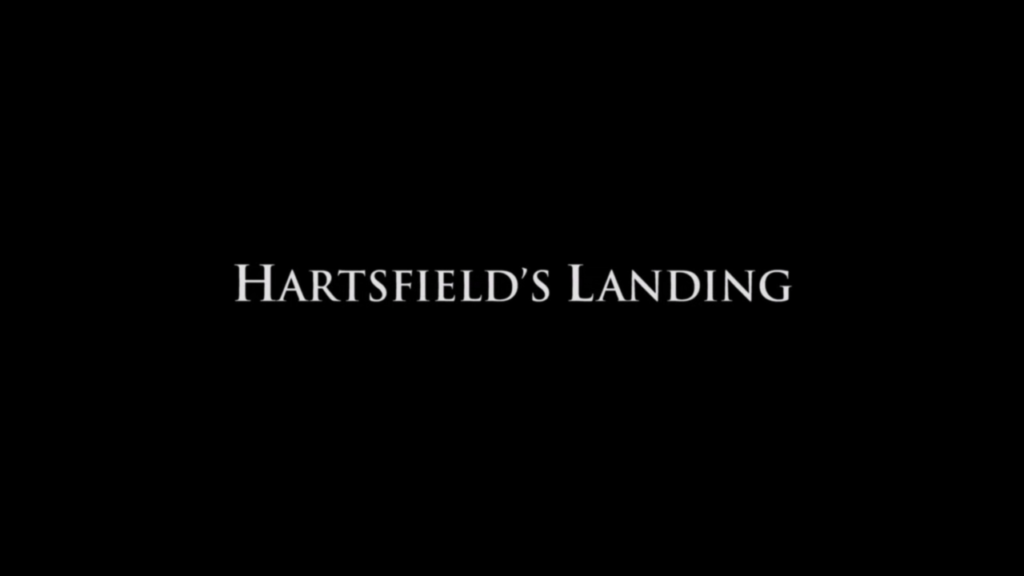
14 years ago, The West Wing, one of the most lauded television shows in history, aired its final episode. And while we may have bid farewell to President Bartlet as he boarded Air Force One for the last time and flew off into the sunset, the series itself never entirely went away. Over the course of its 156 episodes, The West Wing had covered so much political ground that it became a constant reference point for that was happening in the real White House. Life would often imitate art. Fiction would forecast fact. There was an episode for everything. In fact, the series was such an astute reflection of the American condition, that it remains as relevant today as it did all those years ago. Probably even more so in the face of America’s declining democracy.
Asking me to pick a favourite episode of The West Wing is kinda like asking Sophie to choose between her two children. It is incredibly difficult, but ultimately doable. String me up by my ankles, put a gun to my head, and I will almost definitely choose Episode 15 of Season 3, “Hartsfield’s Landing.”
Now I realise that there are episodes that are more dramatic (“In the Shadow of Two Gunmen,” “17 People,” etc.) and episodes that are more poetic (“Two Cathedrals,” “20 Hours In America,” etc.), but what makes “Hartsfield’s Landing” stand out is how well it captures the ethos of the series. And that, in my opinion, is what makes it the perfect episode of The West Wing.
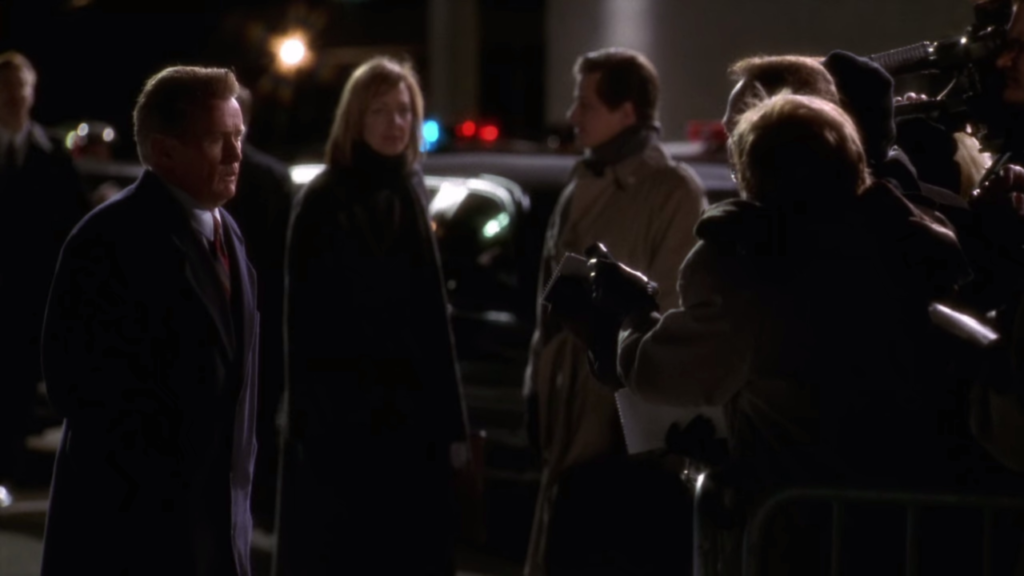
The narrative of the episode is built around two games of chess that Bartlet is playing with Sam and Toby respectively. Each one taking on a different intensity. Each one a reflection of Bartlet’s conflicted psyche.
It is another one of those long nights at the White House. China and Taiwan are posturing against each other. CJ and Charlie are engaged in a prank war. Josh and Donna are having one of their teachable moments regarding the power of the people. And all of this is taking place while the 42 registered voters of Hartsfield’s Landing go to cast their ballots in the first presidential primary. That vote, which takes place at one minute past midnight, and has accurately predicted the winner of every presidential election since William Howard Taft in 1908, has everyone at the White House tripping over themselves in credulity and superstition.
Hartsfield’s Landing, though loosely based on the New Hampshire communities of Hart’s Location and Dixville Notch, isn’t a real place but rather a plot contrivance for the show. One that serves as an ode to democracy. To the idea that the 42 people, in this one, small, insignificant town, have a voice, and that their voice matters.
But even more than that, the episode also serves to remind us of the collective responsibility we have as voters. To look beyond our own selfish needs and desires and think about the greater good. Yes, we have all the power, at least for that one brief moment, each and every time the election cycle rolls around. And choosing what we do with that power is probably the most important decision we will make as citizens.
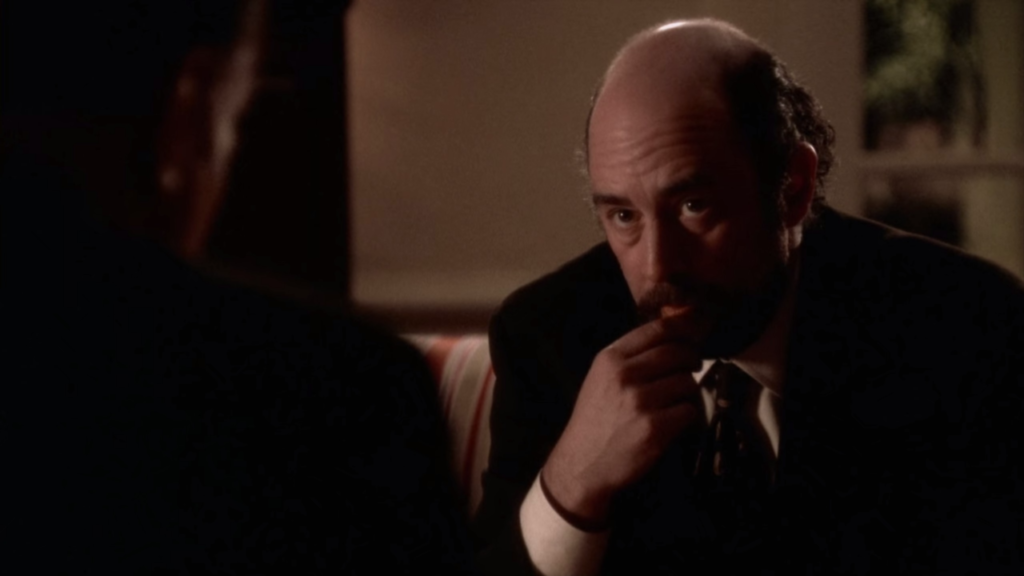
“Hartsfield’s Landing” is also an episode about re-election. “Re-election and the Bartlet psychosis” to be precise. And God knows it couldn’t be more timely.
As Bartlet and Toby play chess, they engage in a back and forth about how the president should run his campaign. They talk about the man he is and the image he puts out into the world. They discuss election strategy by way of personality and psychology.
There are so many beautiful character moments in this episode, but my favourite has to be this conversation between Bartlet and Toby as their game of chess comes to an end. Here it is in its entirety:
TOBY
Abbey told me this story once. She said you were at a party once where you were bending the guy’s ear. You were telling him that Ellie had mastered her multiplication tables and she was in third grade reading at a fifth-grade level and she loved books and she scored two goals for her soccer team the week before, you were going on and on… And what made that story remarkable was that the party you were at was in Stockholm and the man you were talking you was King Gustav, who two hours earlier had given you the Nobel Prize in economics. [Laughs] I mean, my God, you just won the Nobel Prize and all you wanted to talk about to the King of Sweden was Ellie’s multiplication tables!
BARTLET
What’s your point?
TOBY
You’re a good father, you don’t have to act like it. You’re the president, you don’t have to act like it. You’re a good man, you don’t have to act like it. You’re not just folks, you’re not plain-spoken… Do not—do not—do not act like it!
BARTLET
I don’t want to be killed.
TOBY
Then make this election about smart, and not… Make it about engaged, and not. Qualified, and not. Make it about a heavyweight. You’re a heavyweight. And you’ve been holding me up for too many rounds.
Toby lays down his king on the board to retire. Bartlet stands and turns to walk out.
BARTLET
Pick your king up. We’re not done playing yet.
It feels quaint. The idea of an election that’s about being smart, and engaged, and qualified, feels like a fantasy in the face of what’s happening in America today. And yet, rewatching this episode I was moved by just how important these fictions are in shaping our view of the world.
In the years since The West Wing left our screens, the most popular depictions of politics on TV have been rooted in cynicism. From House of Cards, to Scandal, to Veep, we’ve been subjected to the idea that the people in charge are either conniving, inept, or both. That they are selfish and self-serving, and only really interested the in the trappings of power.
The West Wing, at its best, managed to create compelling drama from optimism. These were highly competent people, taking on high stakes issues, all the while trying and wanting to do the right thing. It was a view of public service that was unlike anything else in our popular culture at the time; or since. It was, for lack of a better word, noble.
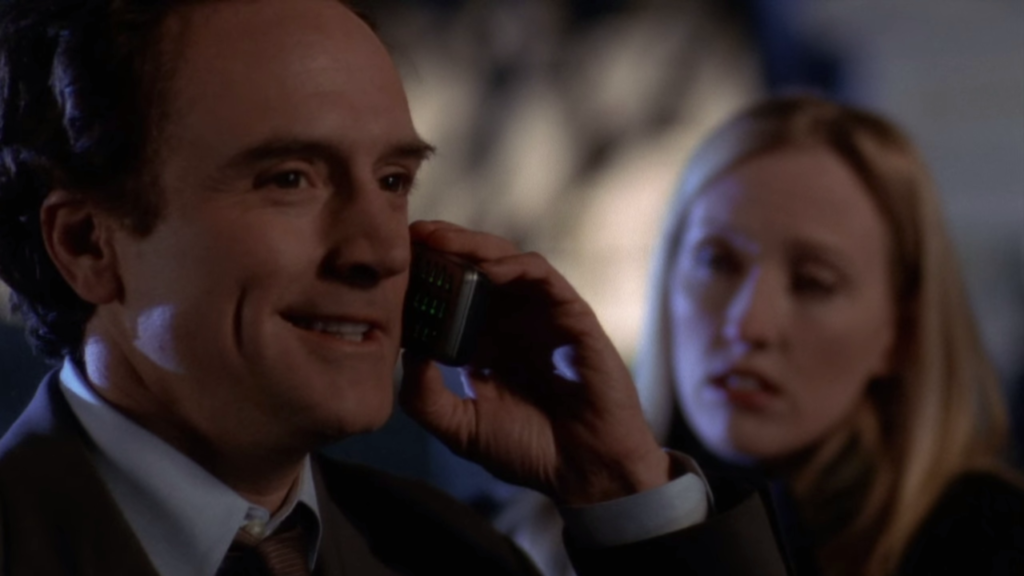
I usually rewatch all of The West Wing, from beginning to end, at least once a year. I haven’t done that yet this year. I just haven’t been able to bring myself to sit through Aaron Sorkin’s political fantasy. The idea of government and politics being a force for good seems like such an alien concept in 2020 that I didn’t think I would respond to the optimism of the series the same way I once did.
I was wrong. “Hartsfield’s Landing” was just what I needed in this utterly unhinged era of American politics. Watching The West Wing now, in the shadow of everything that’s going on over there – from the incredulous way they’ve handled this pandemic, to their continued mismanagement of race relations, to their utter ineptitude in dealing with common sense issues – feels like the best thing you could do for your mental health.
The West Wing does what all great fiction can and should do. It gives us something we can aspire towards. It tells us that we can all be better and do better. But most importantly, it shows us a version of world that’s worth fighting for.

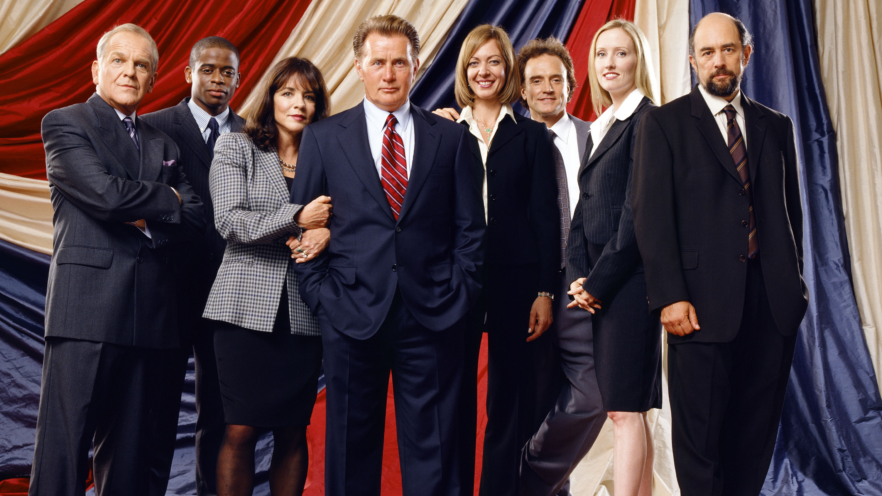
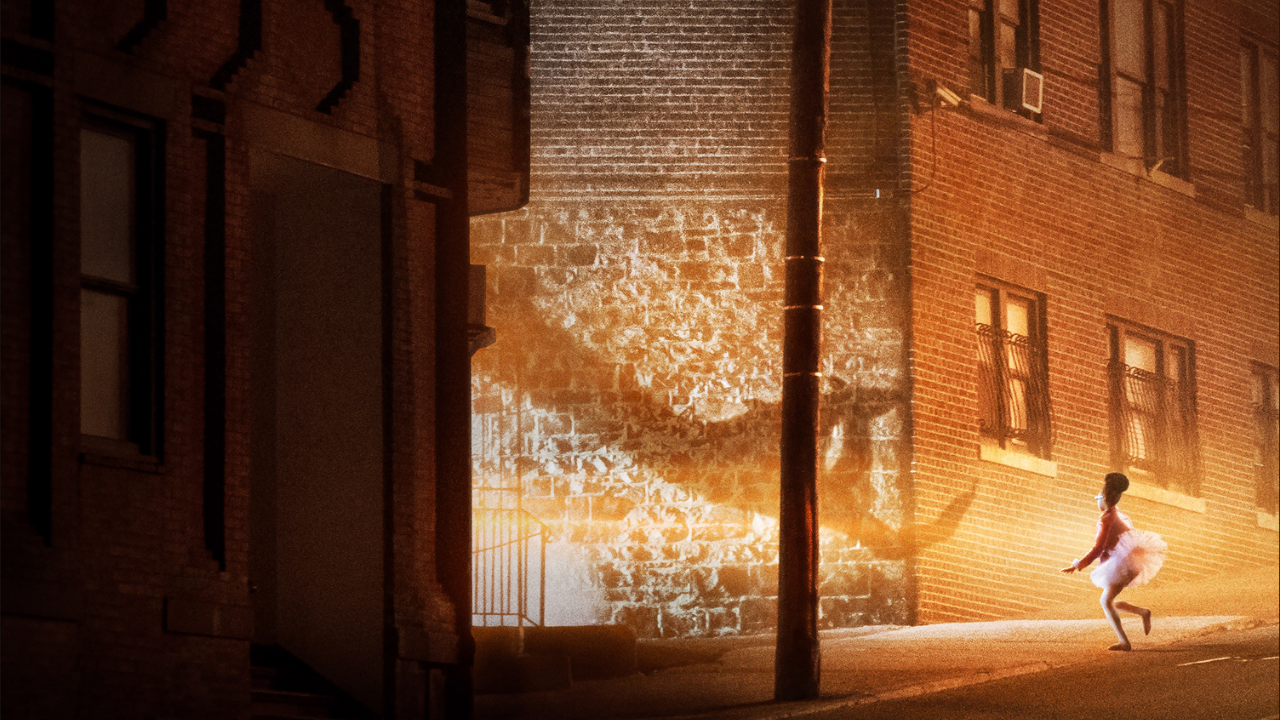

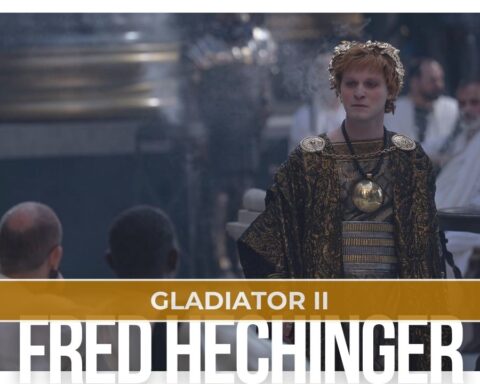
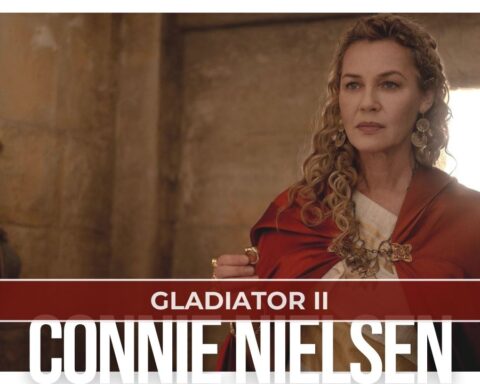
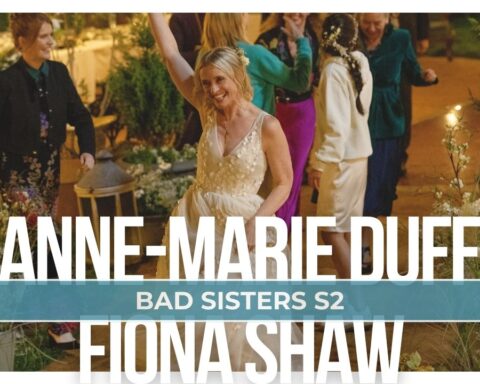


Follow Us